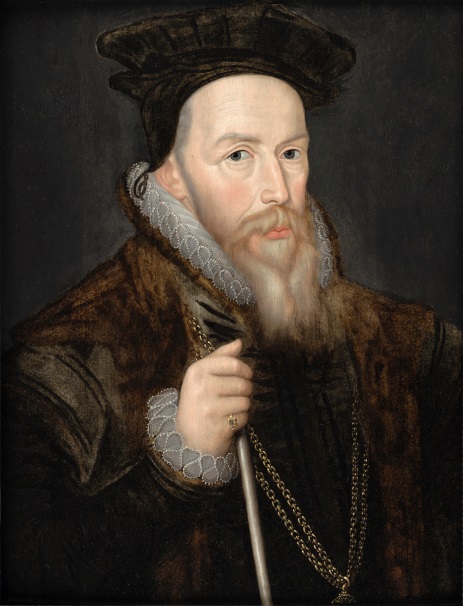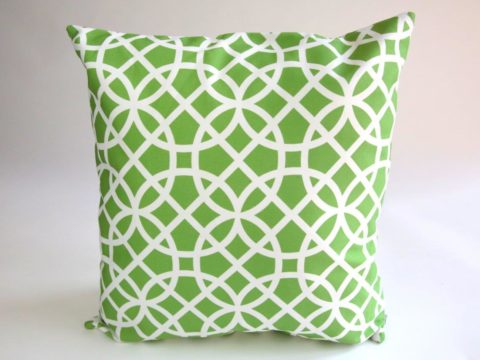James Melville: Life Story
Chapter 8 : Return to Scotland
By now, Melville was keen to return to Scotland. Elizabeth complained that he had tired of her company, sooner than she had of his. Protesting that it was business that called him away, he was commanded to stay another two days to see the Queen dance. Melville was obliged to admit that Elizabeth was a more talented dancer than Mary.
Delighted with the praise, Elizabeth sighed again that she wished to meet Mary, if only she could find the time. Melville offered to carry her secretly to Scotland, disguised as a page.
Whilst Melville was waiting for the Queen’s official response to his embassy to be drafted by Cecil, he was invited by Leicester to sail back up to London from Hampton Court, in his barge. During the trip, Leicester asked what Mary thought of the proposed marriage. Melville, as instructed by his Queen, answered ‘coldly’. Leicester then hastily assured Melville that he, personally, would never be so presumptuous as to consider himself a suitable husband for Queen Mary. According to Leicester, it was all Cecil’s idea, to make Leicester look grasping and ambitious, and disgrace him in the eyes of both queens.

Melville and Leicester dined with the Earl of Pembroke, another Protestant, and brother-in-law to the late Katherine Parr. Pembroke was also a supporter of Mary’s rights to the succession. After dinner, Melville took leave of the French and Spanish Ambassadors.
The following day, he received the dispatches from Cecil, together with letters from Cecil to Moray and Lethington. Cecil himself gave Melville a gold chain.
As well as messages from Elizabeth and Cecil, Melville was commissioned to carry other presents. Lady Lennox gave him several items to take as gifts: a diamond ring for Queen Mary; an emerald for own husband; a diamond for Moray; a watch with diamonds and rubies for Lethington and a ruby ring for Melville’s brother, Sir Robert Melville. Lady Lennox was courting favour for the idea of marriage of her son, Darnley, to Queen Mary.
Melville arrived back in Edinburgh to report to Mary. In summary, Elizabeth’s responses were that she was glad the misunderstanding over the letters was cleared up and that Mary need not fear any action being taken by Parliament to damage her rights without warning.
He could then turn to the messages from others in London. The Spanish Ambassador conveyed the warm wishes of both Philip II, and Philip’s son, Don Carlos. Don Carlos was another possible suitor for Mary, but although it was not openly said, Philip did not want him to marry anyone, as he appeared to be mentally unstable.
Mary was pleased that relations with Elizabeth appeared to be mended, but asked Melville if he thought Elizabeth sincere. He replied that he believed not. There had been no ‘plain meaning’ or ‘upright dealing’ from Elizabeth but only ‘dissimulation’. Melville feared that Elizabeth’s intent was to chase Mary out of her own kingdom, as evidenced by the interference in the marriage scheme with Archduke Charles, and the insulting offer of Leicester.
Mary promised Melville she had no intention of marrying Leicester, but sent Moray to meet the Earl of Bedford to talk terms at Berwick – not surprisingly, the English side was not so forthcoming once the match looked like it might take place. Leicester, in the meantime, wrote to Mary, protesting his innocence of any desire to advance himself by marrying her. Mary warmed to Leicester, frightening Elizabeth into thinking the marriage might occur.
It is for this reason, in Melville’s view, that Elizabeth allowed Darnley to travel to Scotland – hoping Mary would fall for him. According to Melville, Cecil and Elizabeth did not believe Darnley would disobey Elizabeth’s direct orders, for fear of loss of all his lands and titles in England, and the presence of his mother there. They just hoped to muddy the waters and delay Mary marrying anyone.






